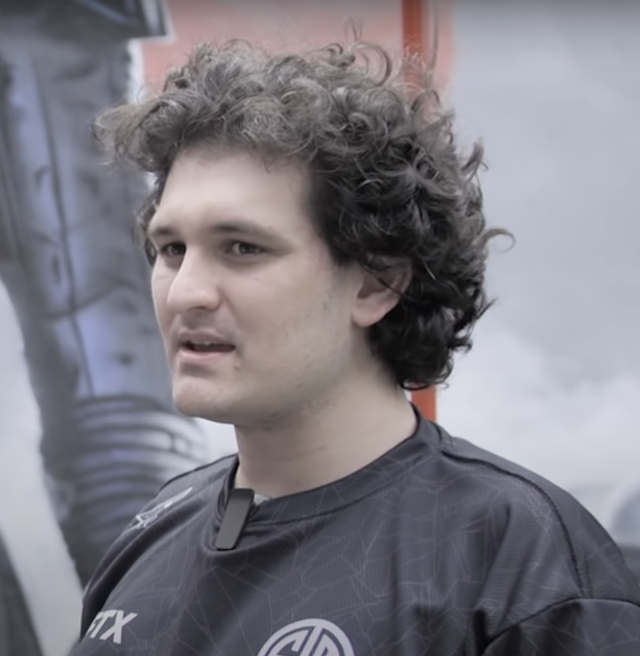Sam Bankman-Fried, the convicted founder of cryptocurrency exchange FTX, gave his first jailhouse interview, speaking with Tucker Carlson from Brooklyn's Metropolitan Detention Center. The discussion, aired on Carlson's show Thursday, covered topics ranging from his prison experience and his evolving political stance to the state of cryptocurrency.
Bankman-Fried, who was sentenced to 25 years in prison for defrauding FTX users of billions of dollars, revealed that he shares a cellblock with music mogul Sean "Diddy" Combs, who is currently in pretrial detention on federal sex trafficking and racketeering charges.
"I've only seen one piece of him, which is Diddy in prison, and he's been kind to people in the unit; he's been kind to me," Bankman-Fried said. "It's also - it's a position no one wants to be in."
Carlson asked how fellow inmates felt about sharing space with two well-known figures. Bankman-Fried speculated that some viewed it as "a big opportunity to meet people they wouldn't otherwise get to meet." He also noted an unexpected observation: "They're good at chess. That's one thing I learned. Former armed robbers who don't speak English and probably didn't graduate middle school, a surprising number of them are fairly good at chess. I lose games to them all the time."
Bankman-Fried, convicted of seven counts of wire fraud, securities fraud, and money laundering, claimed to have adjusted to life behind bars, saying, "It's sort of dystopian. The fortunate thing, the place I'm in, I'm not in physical danger." He also described spending his time reading novels and preparing his appeal.
Carlson noted that Bankman-Fried appeared calmer than in past television interviews, to which the former FTX executive responded, "I was pretty out of it. My mind was racing because there were, you know, a billion things to keep track of." He denied being on Adderall, despite previous speculation about his erratic behavior before his trial.
Discussing his political evolution, Bankman-Fried explained that he once leaned center-left and was a major donor to President Joe Biden's 2020 campaign, but his experiences in Washington led him to start donating to Republicans privately. He also addressed speculation that he tried to use political influence during his trial, stating, he didn't want to do "something inappropriate."
On the future of cryptocurrency, Bankman-Fried was optimistic, stating that "hopefully" things are moving in the right direction under President Donald Trump, but he questioned whether the administration would fully support crypto adoption. "Right now, crypto is not at the point where it could become an everyday tool," he said.
When asked if he had any remaining wealth, Bankman-Fried admitted, "Basically no." His assets were wiped out in the $11 billion forfeiture judgment that accompanied his sentence. He insisted that FTX could have had enough assets to repay creditors, claiming, "Had nothing intervened, today it would have about $15 billion of liabilities and about $93 billion of assets." However, he acknowledged, "That's not how things worked out. Instead, it all got roiled up in a bankruptcy."
Reflecting on his downfall, Bankman-Fried called the collapse of FTX "a colossal disaster" and said, "Not stopping that from happening is by far the biggest regret of my life."




